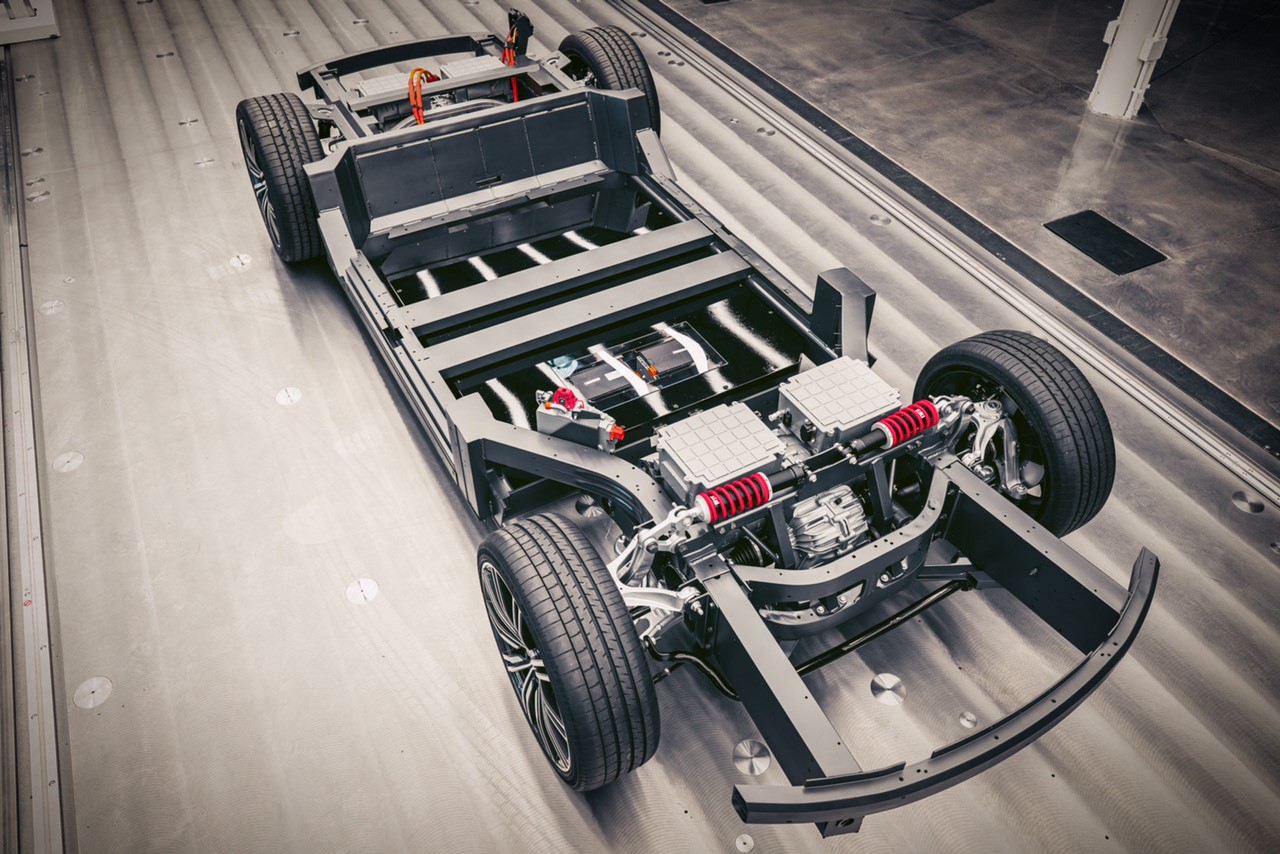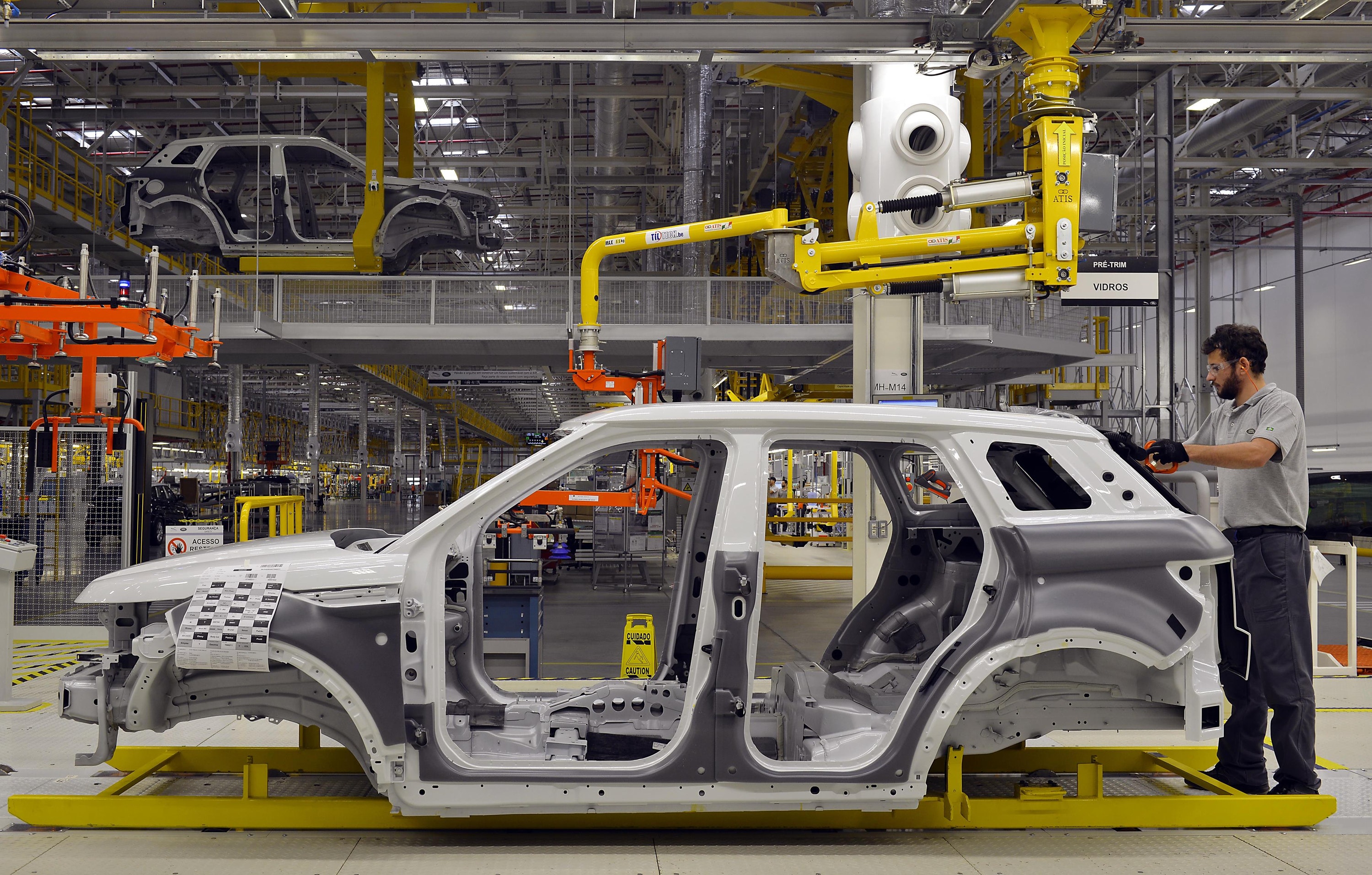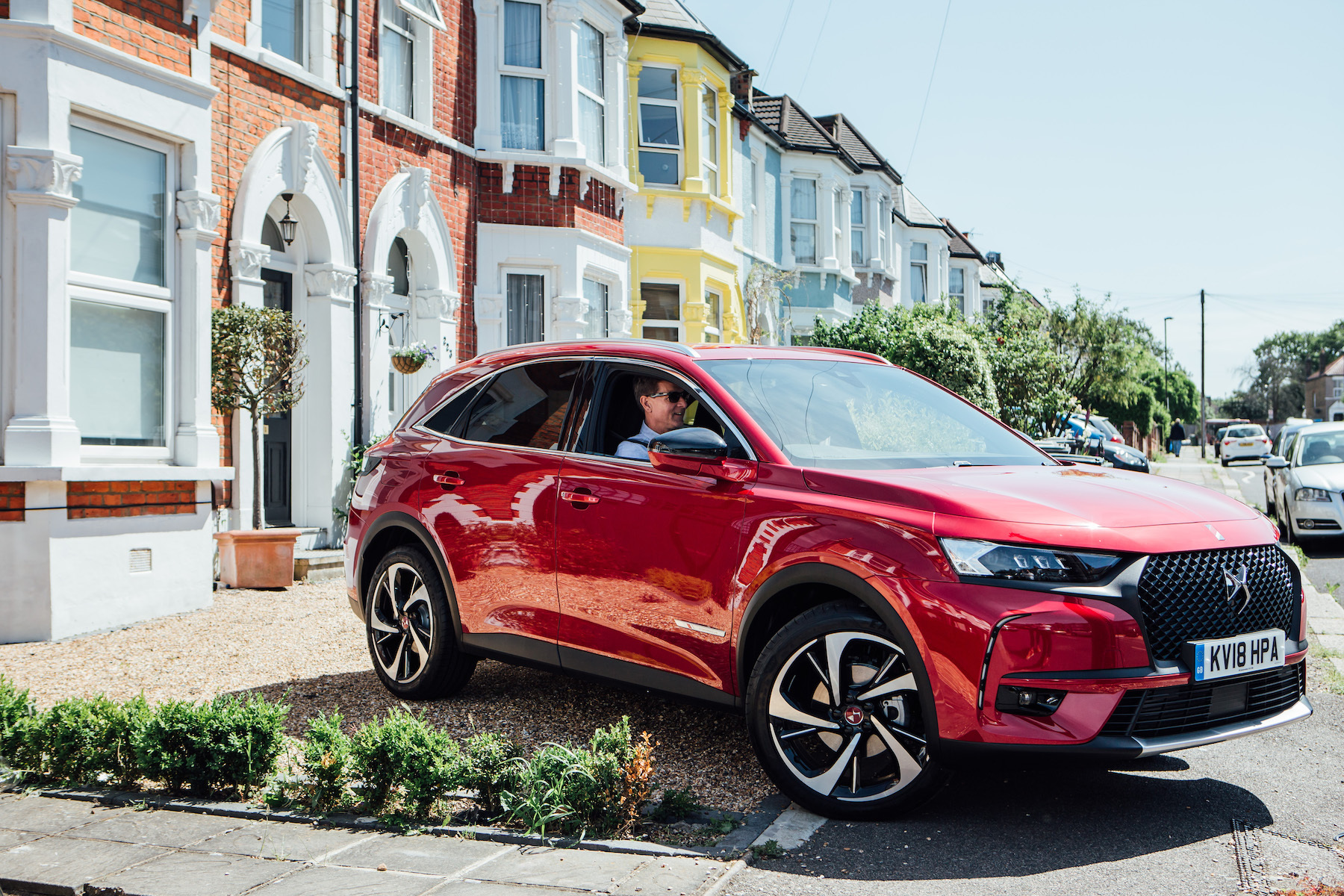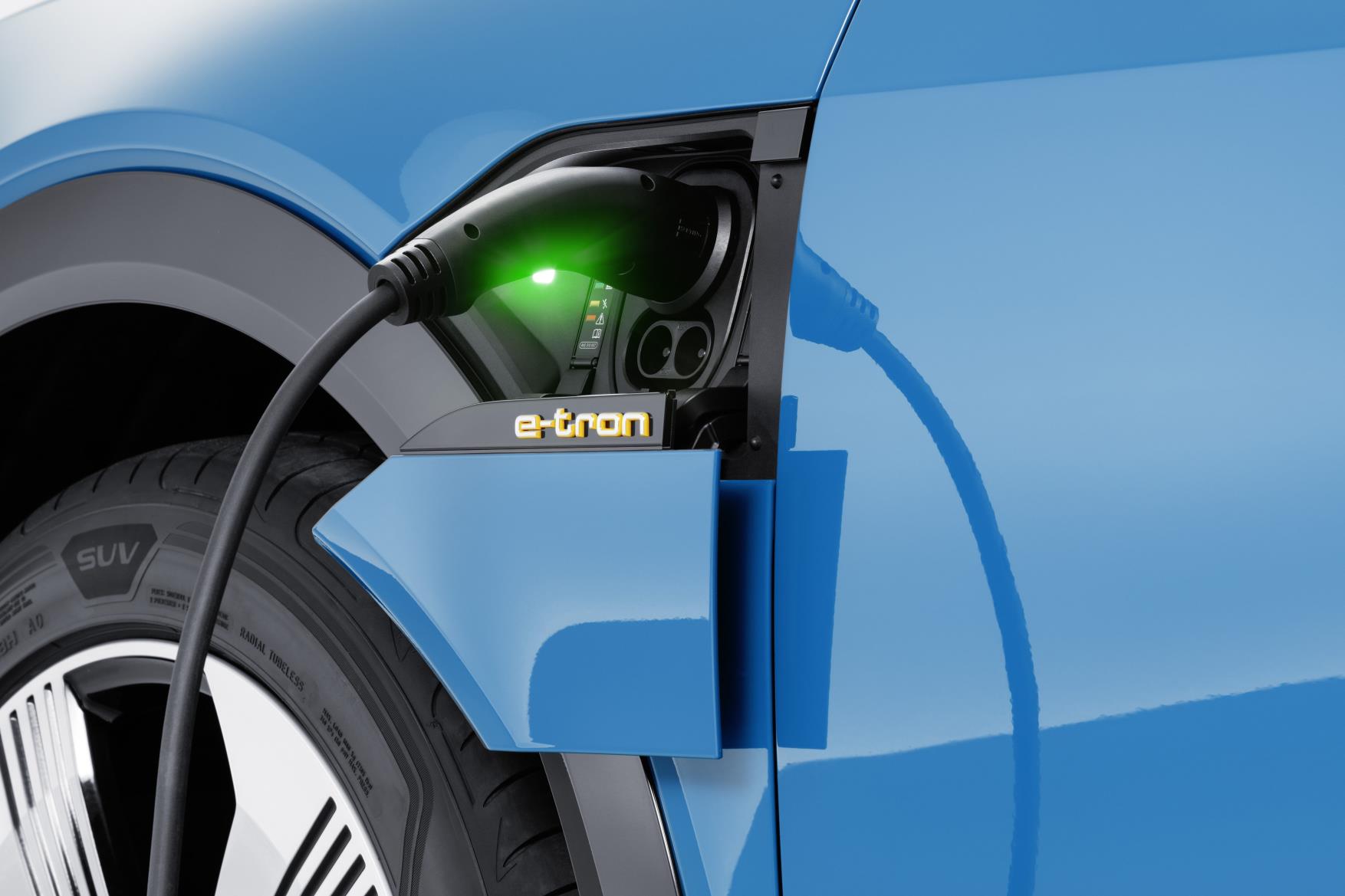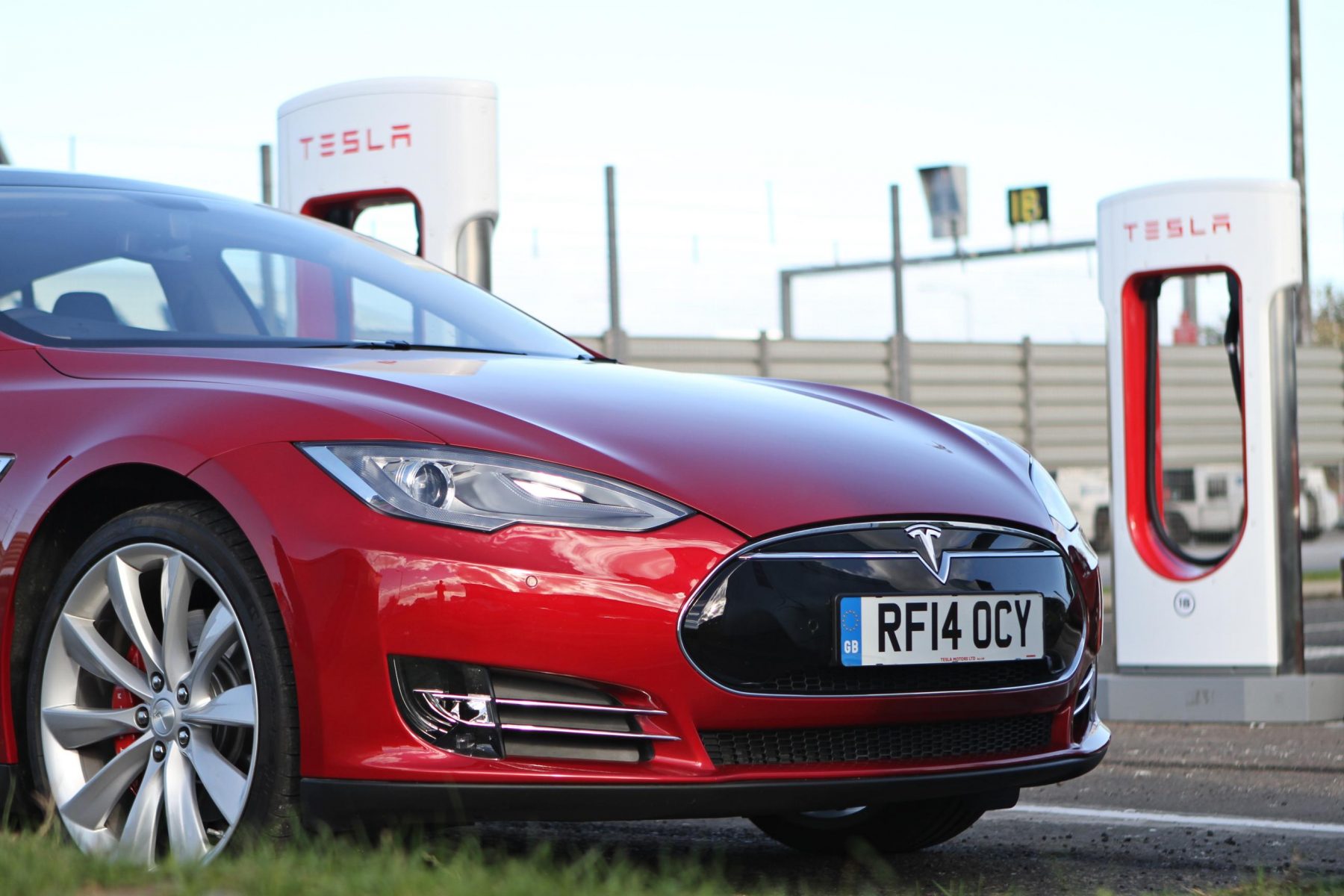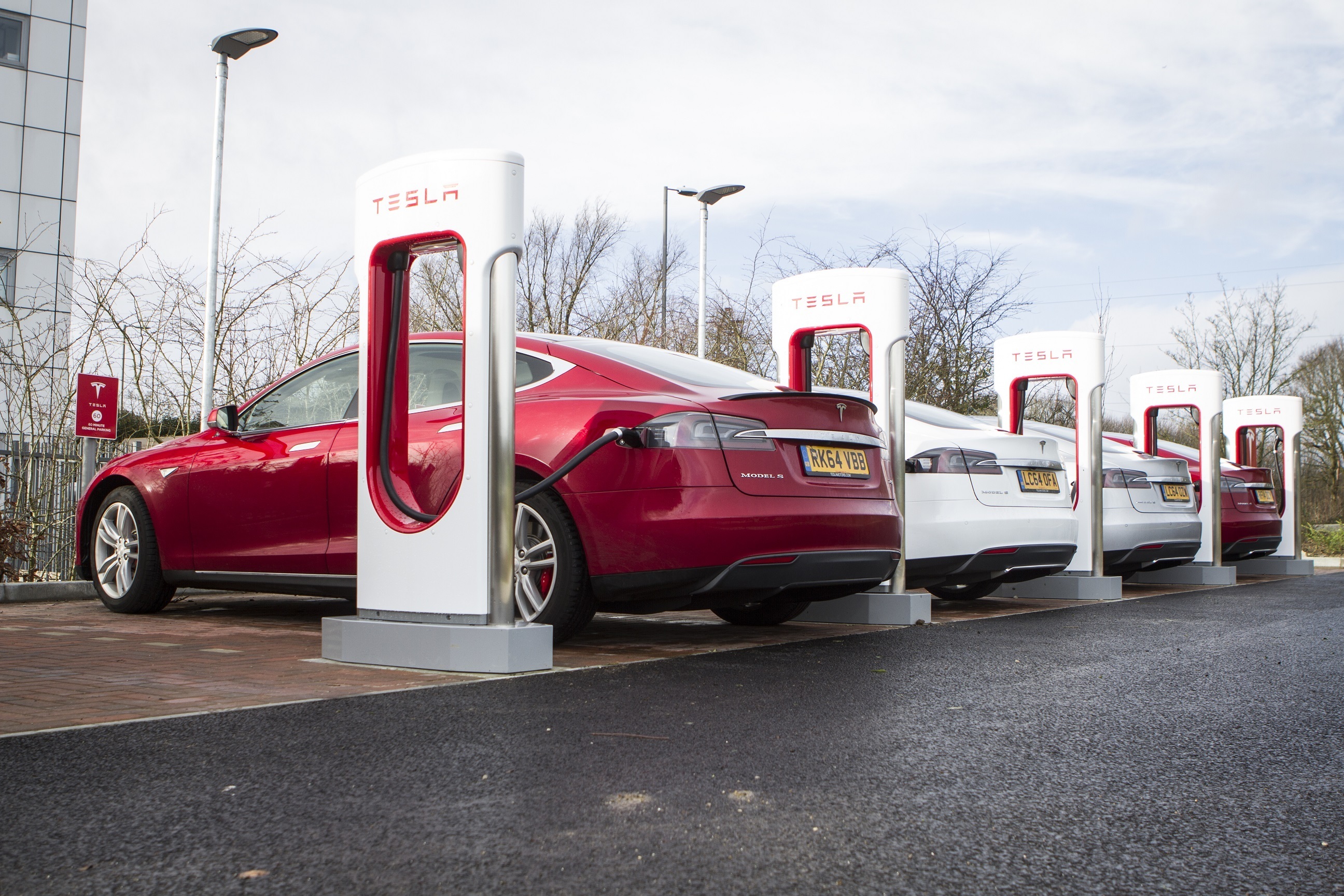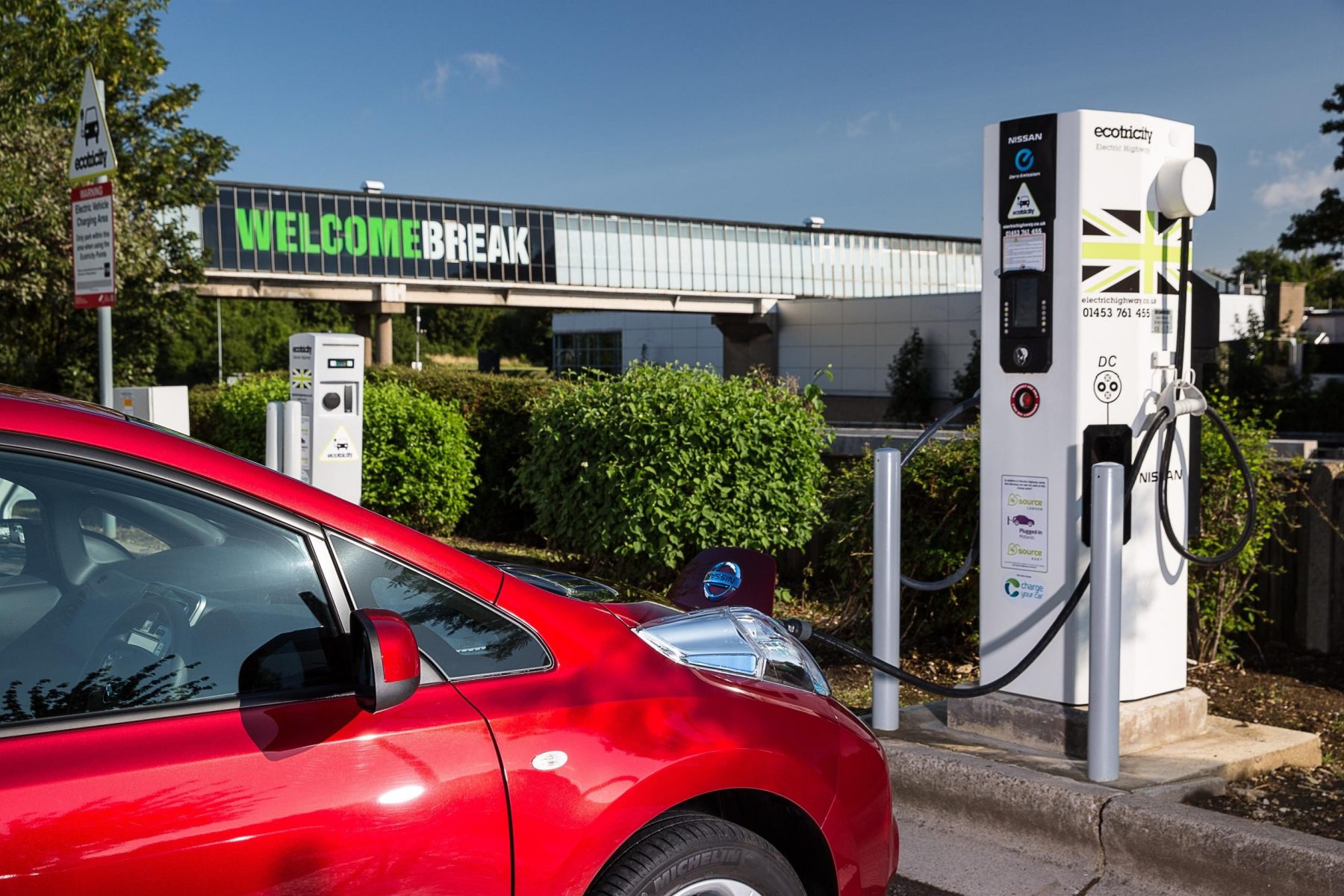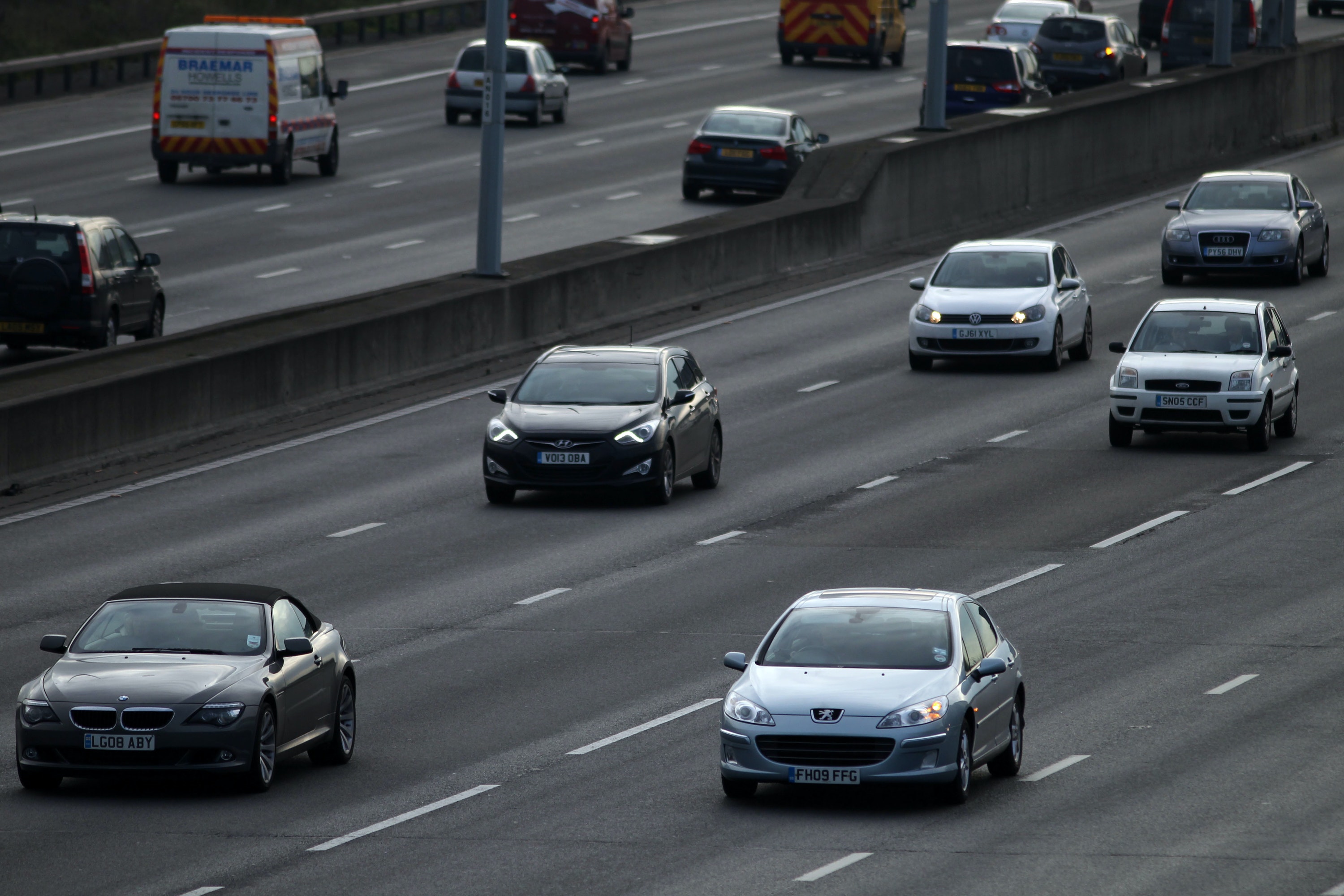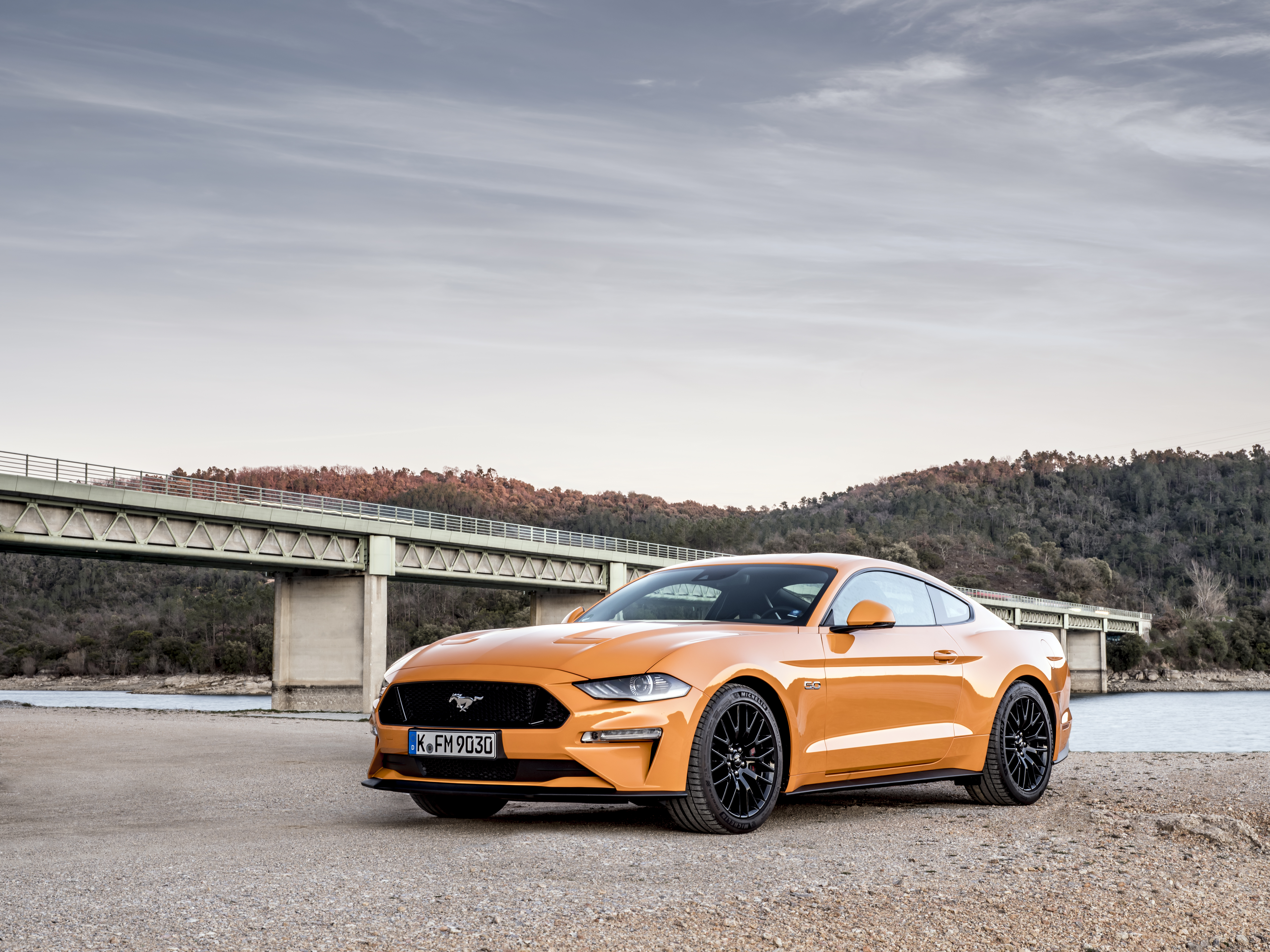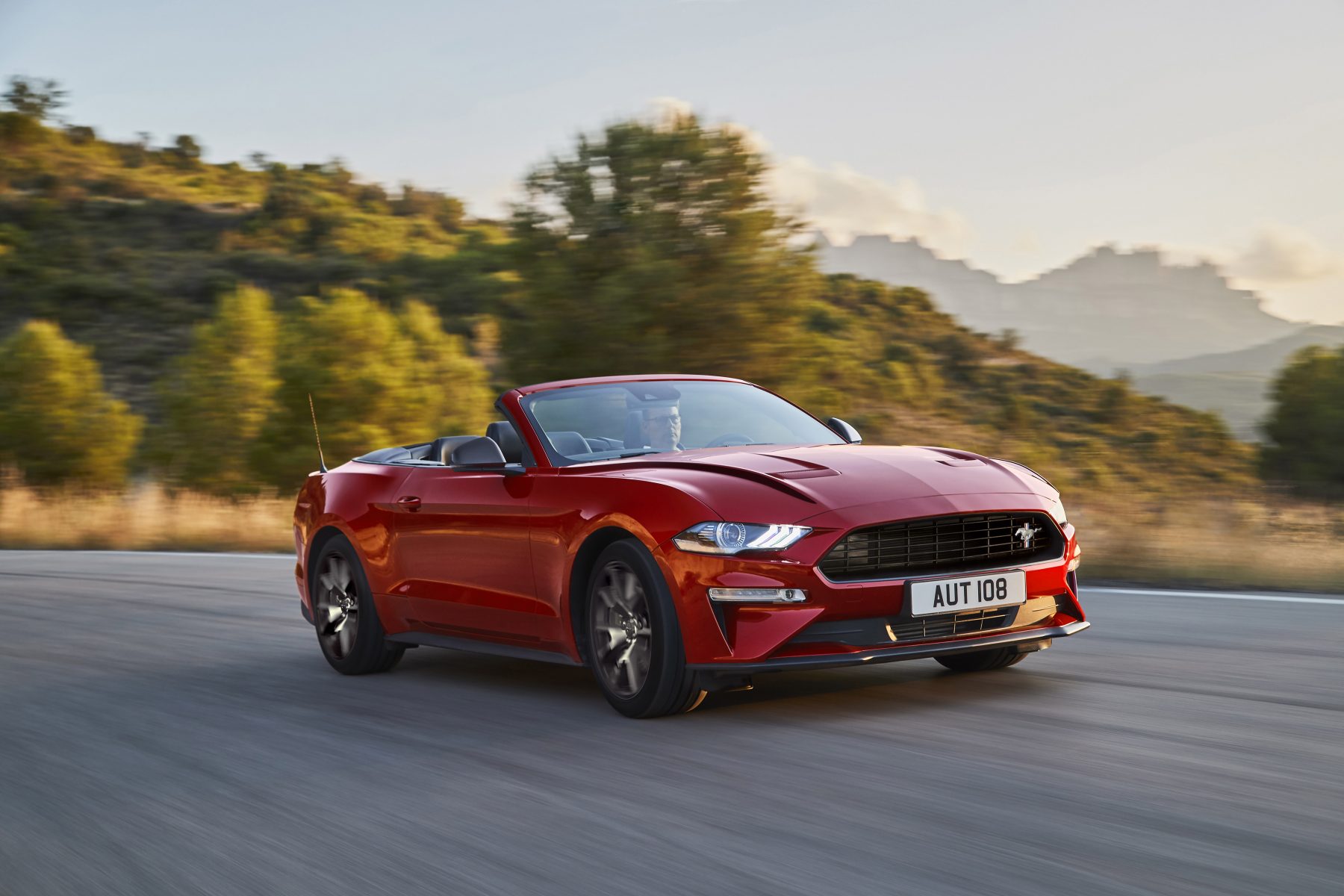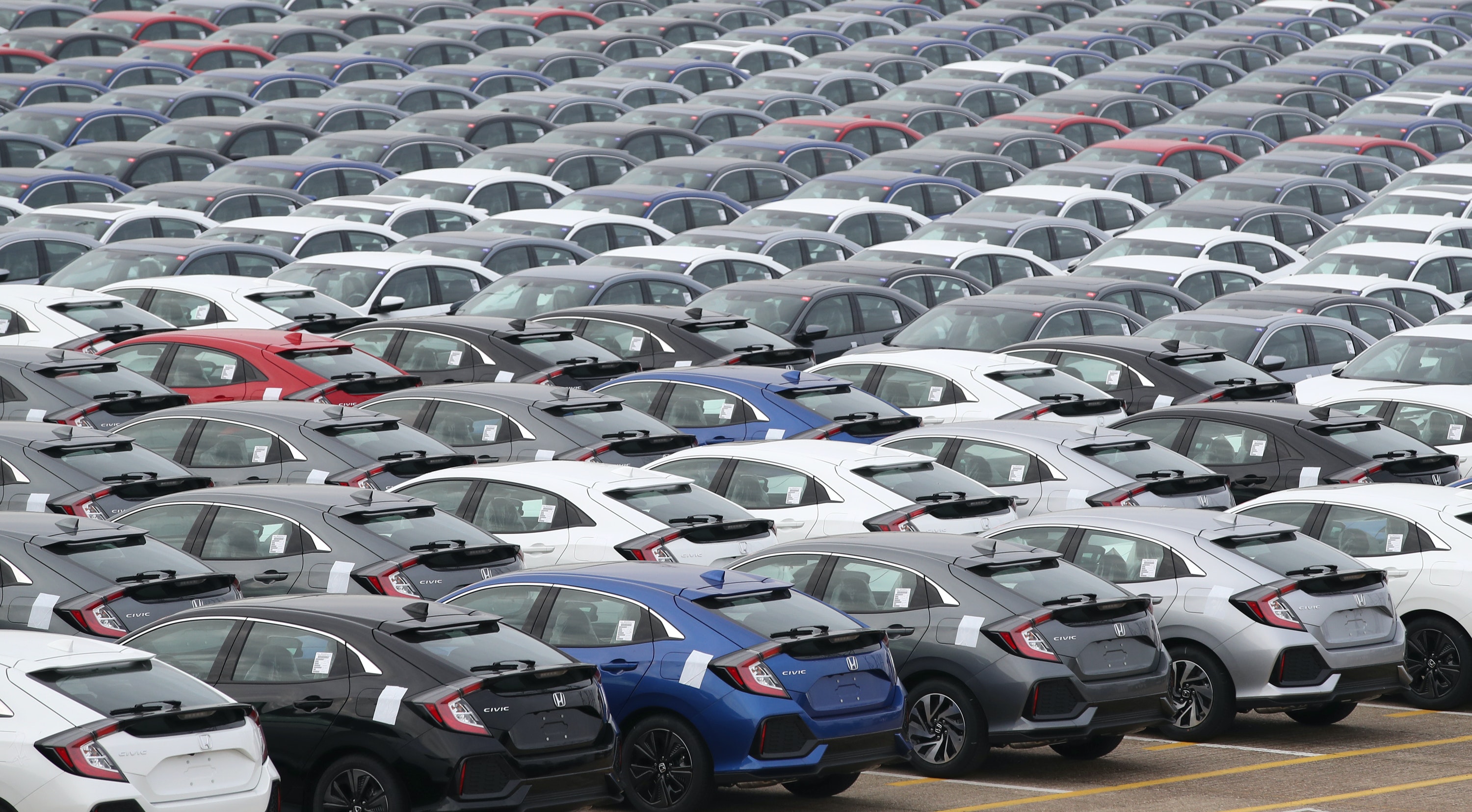Karma Automotive has shared details of its new 1,085bhp electric vehicle platform that could underpin high-performance cars of the future.
The American company’s newest E-Flex Platform uses a dual-motor set-up to provide four-wheel drive, with an astonishing claimed torque output of 14,000Nm.
That would contribute to a targeted sub-two-second 0-60mph time.
Meanwhile, Karma says the platform has the batteries mounted within the floor to improve weight distribution, with a targeted range of 400 miles.
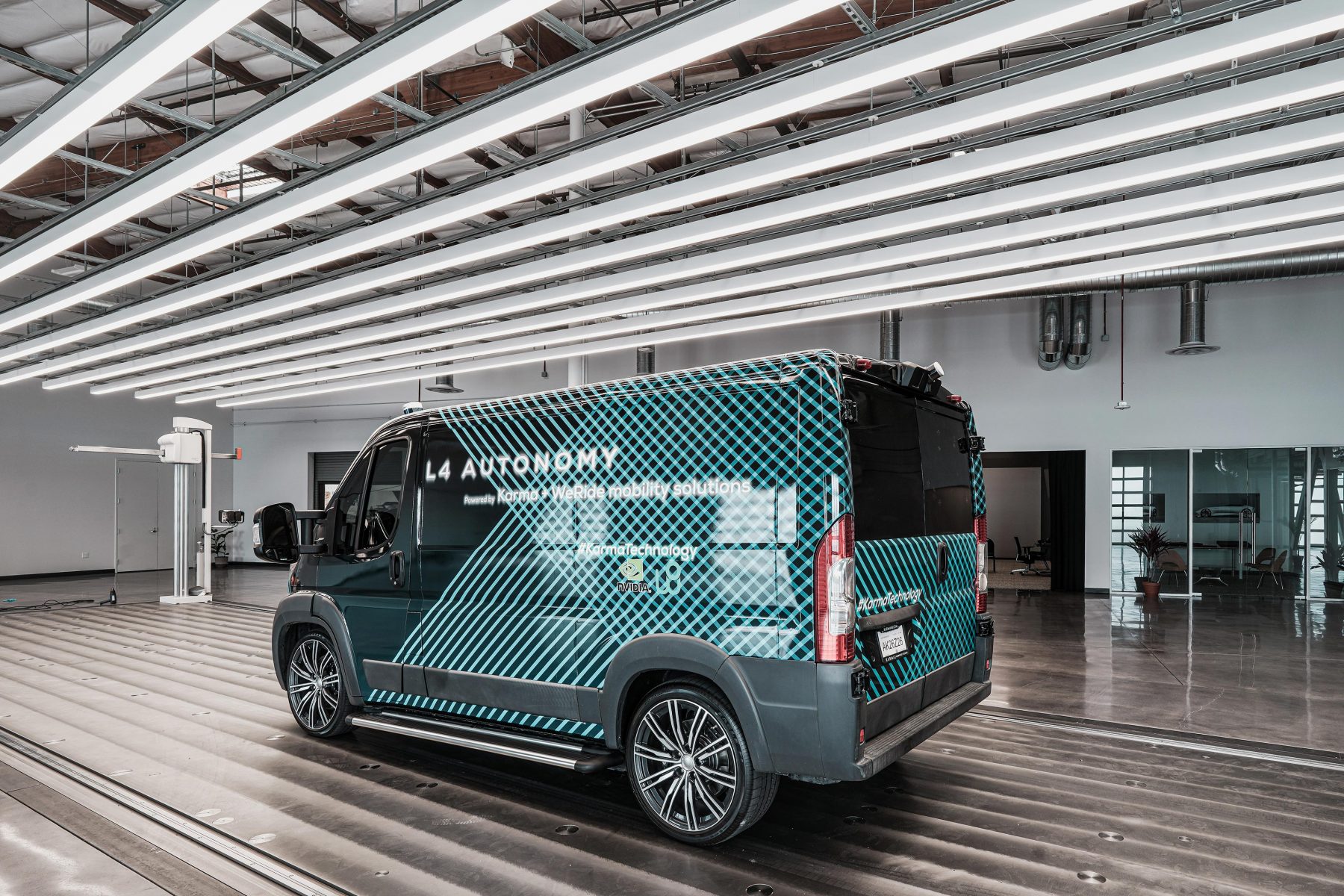
Kevin Zhang, chief technology officer at Karma Automotive, said: “Our latest E-Flex platform is well-suited for supercar configurations and is designed to be outfitted to high-performance vehicles such as Karma’s SC2 concept car.
“The goal of all of Karma’s E-Flex platforms is to offer our partners a multitude of electric mobility solutions with different drive motor systems and battery pack variants; our High-Performance E-Flex platform is among the most premium of these configurations, offering unprecedented performance results.”
Karma has been revealing a range of electric vehicle platforms that can be used by companies looking to build everything from supercars to commercial vehicles.
To demonstrate this versatility, the Californian company has previously revealed a level four autonomous van built on a variation of its E-Flex system.

